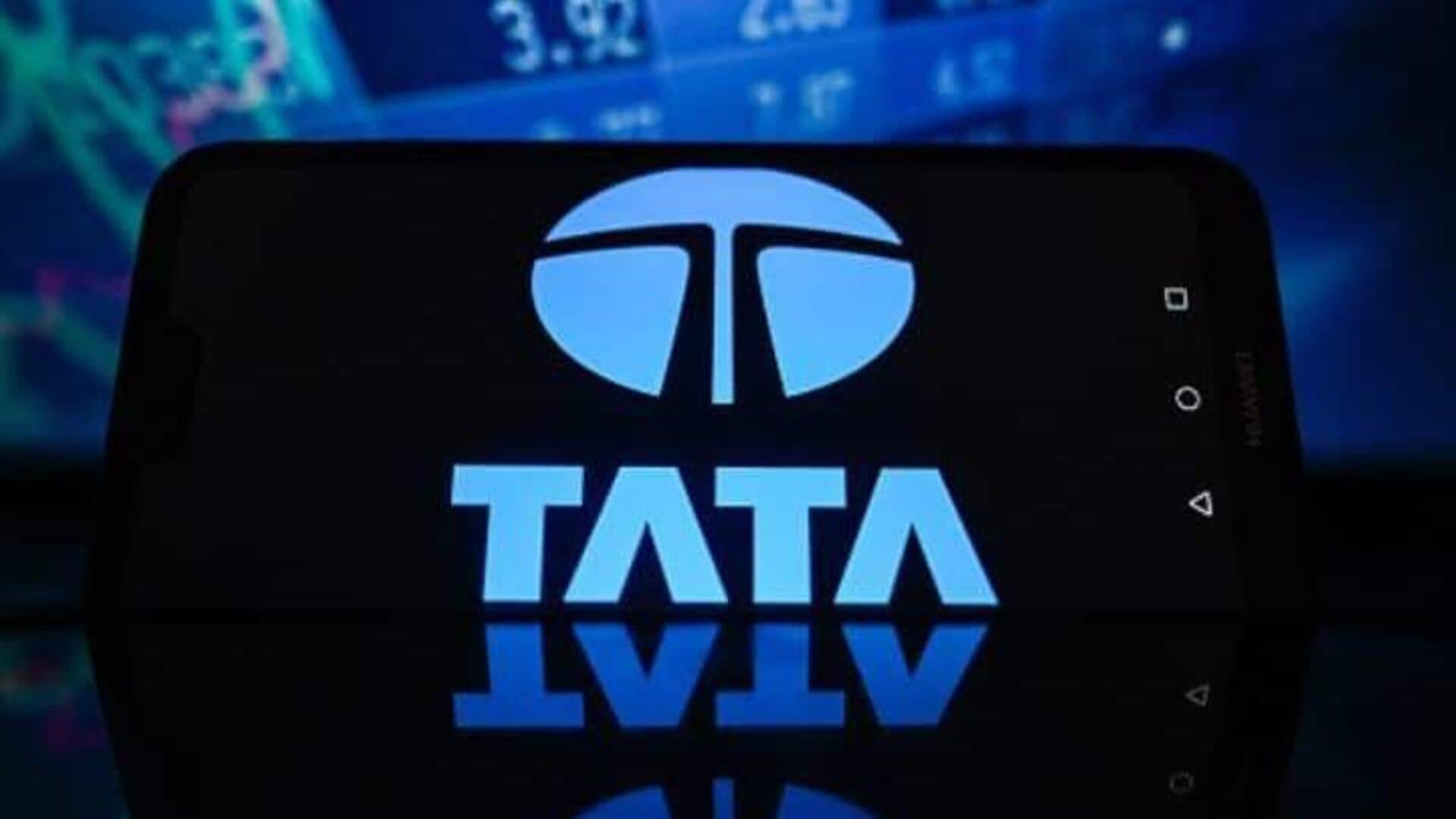**Tata Motors Shares Surge as Jaguar Land Rover Secures $2 Billion Government-Backed Loan**
*By Mudit Dube | September 29, 2025, 10:55 AM*
Tata Motors witnessed a notable rise in its share price today following the announcement that its subsidiary, Jaguar Land Rover (JLR), has secured a $2 billion (1.5 billion GBP) loan. This privately financed loan is guaranteed by the UK’s export credit agency, UK Export Finance.
**Purpose of the Loan**
The financial assistance aims to alleviate the pressure on JLR’s suppliers and support a phased restart of the company’s operations. This move comes in the wake of a cyberattack in August that severely disrupted JLR’s production and IT networks, leading to a complete operational shutdown.
**Operational Impact of the Cyberattack**
Due to the cyberattack, JLR has been forced to halt production longer than initially expected, with shutdowns extending into the coming month. Reports from the Financial Times indicate that JLR could face losses totaling approximately $2 billion, as the company was not insured against such cyber incidents. This significant financial hit threatens to erase JLR’s entire profit for the fiscal year 2025.
Despite these challenges, news of the phased resumption of operations has positively impacted Tata Motors’ stock value, with shares rising by 1.45% to 673.95 per share on Friday.
**Financial Strategy and Government Support**
The UK government has confirmed that JLR will repay the £1.5 billion loan over a five-year period. The funds were arranged through a commercial bank and are secured by UK Export Finance. This strategic financial support forms part of broader efforts to assist JLR’s suppliers, many of whom have faced operational disruptions and delayed payments due to the cyberattack.
The government-backed loan and the gradual reopening of JLR’s operations are critical steps toward stabilizing the firm and mitigating the fallout from one of the most challenging incidents in its recent history.
https://www.newsbytesapp.com/news/business/tata-motors-shares-jump-as-jlr-secures-2b-government-loan/story
